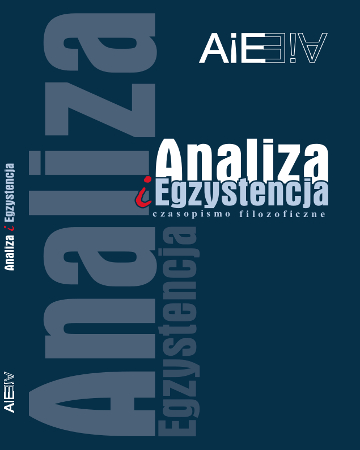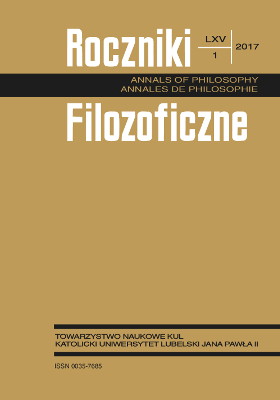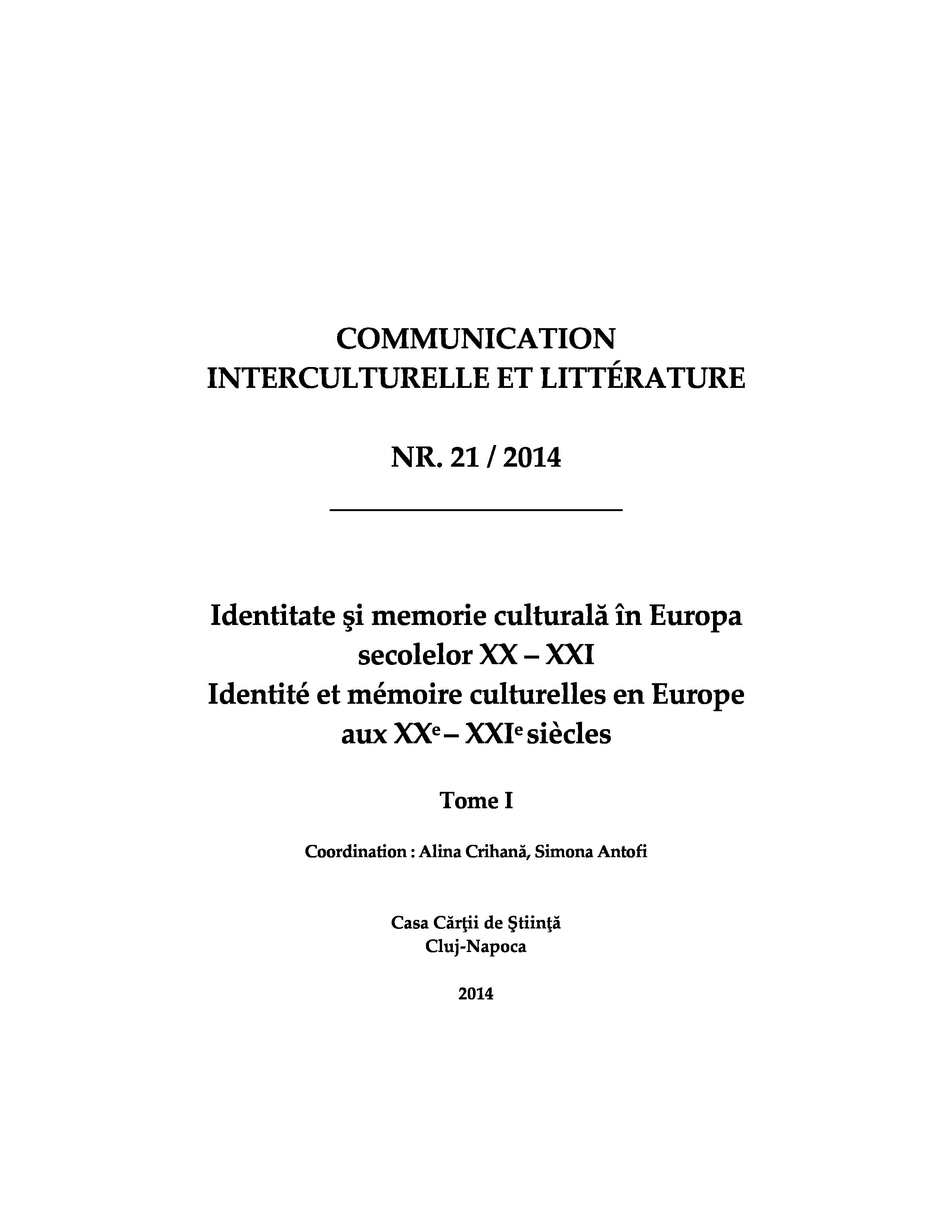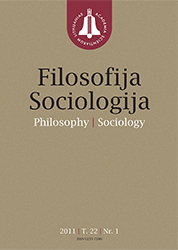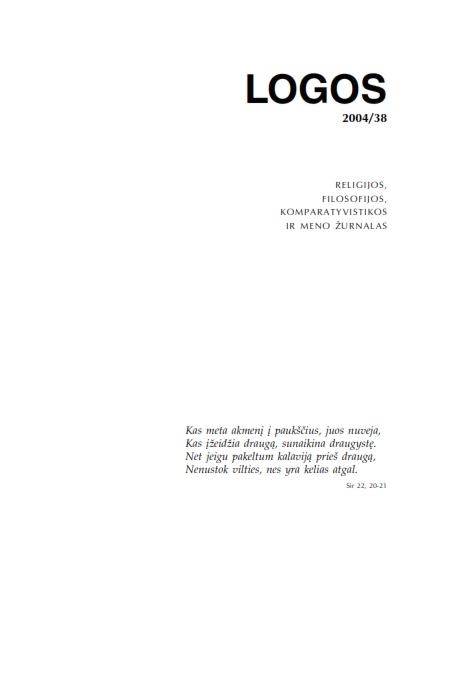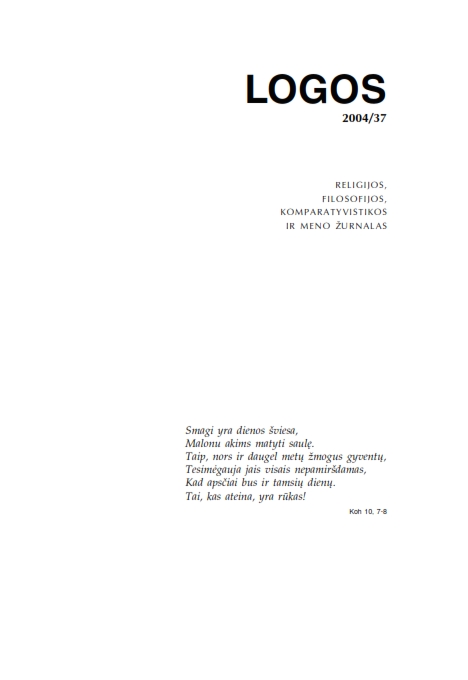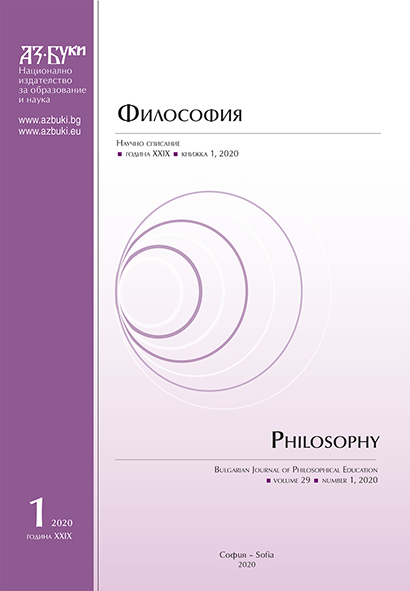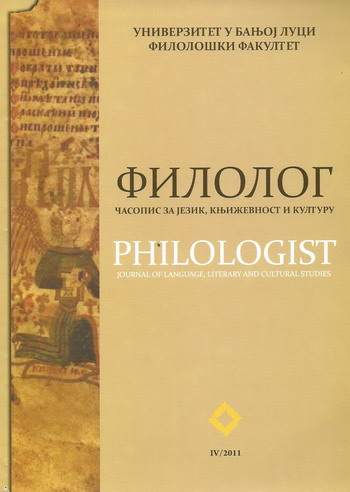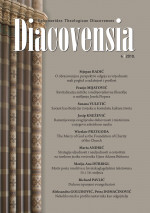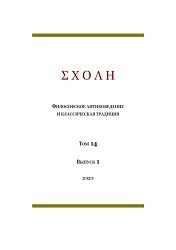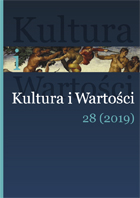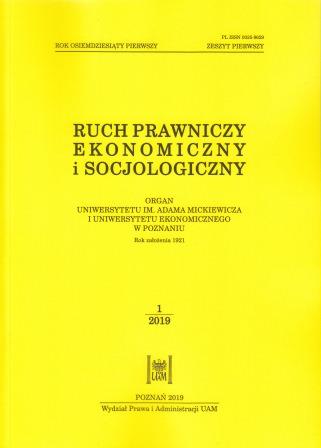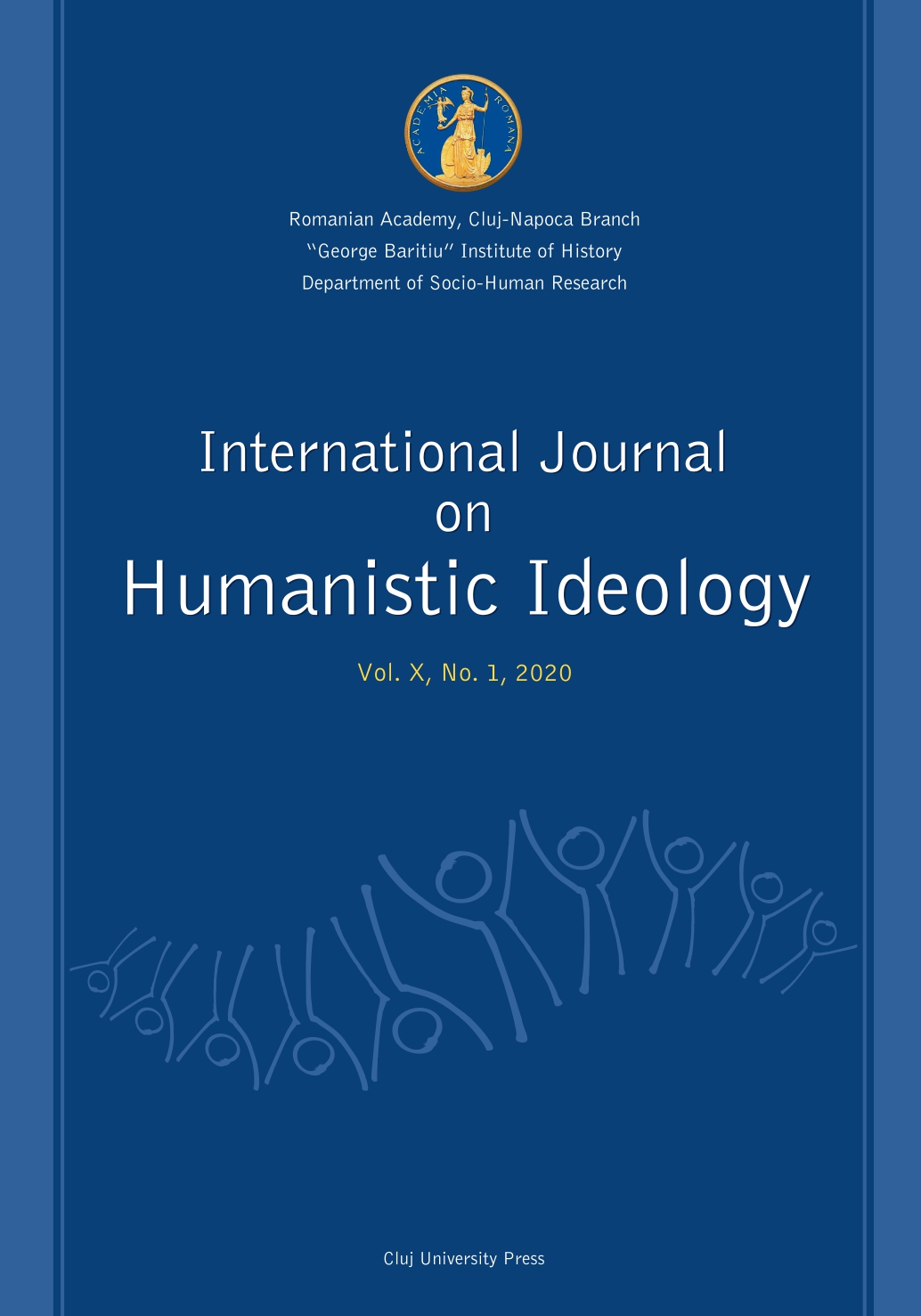Author(s): Alexandru Boboc / Language(s): Romanian
Issue: 1/2019
The text presented here illustrates the work and deep worldview that Academician Alexandru Boboc promoted his entire life: rationalism; and this means all the way. Why rationalism and what does it mean? It is, first, the substantiation of humans’ positions about what is constant and generally efficient in their relationships with and in the world. The basis of what is constant and generally efficient is not the idea/the world of ideas as such, but the “true judgement with an account”, as Plato said long before (Theaetetus, 201c): the logically correct judgement based on semantically correct information. The reasoned judgement is always about concrete things, but since these things are transient, how can the human rationality – that takes its power from its ability to unite in abstract schemes what it has discriminated before – be lasting? It can, just because it does not end with its abstract designs, but ascends to the comprehension of the many facets of the concrete. Thus, the correct information as such is never the simple one-sided content eventually implied in the premises: on the contrary, it supposes the reciprocal confrontation of the different aspects of the concrete and their analysis. Alexandru Boboc’s passion, in the frame of his larger specialisation in history of philosophy, is the modern thinking. From the always contradictory phenomena arisen in the modern intellectual vortex, he alwaysinsisted on what the modern philosophy has demonstrated in such a way that, on the basis of judgements, the return to irrational stances to no longer be possible. In this respect, he has as poles Kant and Hegel. Human knowledge starts from the human experience and no one can avoid this empirical origin, but human knowledge is more than a collection of data about transient things: it is, certainly, even more than the first abstract schemes of the intellect; it is the living picture of the never ended complex of connections and viewpoints. The order put by human thinking in the world as it is conceived is not opposed to its openness: it suggests pluralism but, at the same time, this is not drowned in relativism. The human rationality – judging and measuring the causes, the necessary and the contingency, and the consequences – is the only one that prevents the incidents from turning maleficent for human life. The human rationality is thus the only one that foresees its results from the nunc – since the judgements are already models of/for the future, the humans do not judge only after the outcomes turned out – and also that anticipates, starting from the models of the future in order to avoid present bad individual, isolated and short-termed reckonings. The text points just the epistemological logic of the modern rationalism. This logic was called “criticism” by Kant, while Hegel has used and developed both the meanings of criticism and of dialectic, beyond the ancient origins of this last word and method. From an epistemological point of view, the greatness of Kant and Hegel stands in the reciprocal rationale of rationalism and criticism: rationalism means the decomposition of ideas and their multiple judgements, not the alignment to the argument from authority, and thus it puts the premises of every idea under question; criticism is just the rejection of the appeal to authority and thus it arrives to question the premises themselves, and this entire process becomes an inherent movement of the human spirit in front of the world. This methodological contribution of the modern rationalism is cardinal. The dialectical understanding of nature involves both formal models – mathematical, as they were exploded in modernity – subordinated to focused demonstrations and reproductions of sequential causality, and also holistic interpretations, search for correlations and meanings from a more and more multilateral standpoint. Thus, the dialectical understanding is the reason for integrating science and philosophy. The Kant and Hegel’s use of metaphysics and their insistence on it were not their simple reflex of old denominations but, on the contrary, the suggestion that by focusing on the “last causes”, philosophy questions the premises of every reasonable and non-reasonable argumentation. But if so, the modern rationalism is the ground of a critical humanism. Alexandru Boboc has inferred from the modern rationalist principles just the search for the meaning of the human life. And if the quiddity of rationalism is its (concrete) universalism, it emphasises the importance of every individual, rejecting the selfishness. The meaning of life is for every human being, the universalism of rationalism does not send to selective treatment of humans in the name of apparently clever abstract ideas. By searching the meanings of the world, of the ideas and of human life, the human rationality proves to be “spirit”, namely, the self-conscious and self-determining, rational capacity to be both negation – critique, from banter to cold dissolution – and positive construction full of fantasy but conducted by values. Therefore, though
14Alexandru BobocNOEMA XVIII, 2019 the autonomy of the object – namely, of all kinds of objects, including the means to create objects and the reactive and creative attitudes and processes – from the human subject might induce the idea that there would be regions of existence marked only by the specificity of tackling them, in fact the “types” of rationality never exclude the common features of the reason and, thus, of the good and the beautiful. They are types of experience, but the beacon is rationalism. This avoids reductionism, related to either the enthusiastic optimism concerning science (and technology) or to a pessimistic stance towards them. And rationalism never simplifies the world and the human representations, but allows very different and even falsifiable theories: these theories and their premises are valuable even when they are falsified, but only if the method outlining them is scientific (rationalist) and suggests the value of scientific honesty. For this reason, the model is for Alexandru Boboc that of the nascent modernity, never excluding from rationality the human values: because the reason and its creation – the world 3, in Popper’s formula – are never autonomous from the human society. Truth, together with reason, method and value, are paradigm-concepts of philosophy, reminded us Alexandru Boboc. The theoretical model of Alexandru Boboc, taken over from Kant and Hegel, is opposed to the “spiritualist” pseudo-philosophy erected on premises never put under question, and as if philosophy and science would not have any other answer since the world flows outside them. No: both the Kant and Hegel’s rationalism and the theoretical model of Alexandru Boboc involve the responsibility of philosophy, since first and foremost philosophy is the conscience of science/reasonable knowledge, substantiating its process of awareness. This function and peculiarity of philosophy – i.e. of rationalism – was the reason why Alexandru Bobochas done and is doing his enquiries in the history of philosophy. This means the description of the history of arguments related to the understanding of the world. He quotes very often from the past philosophers, emphasising the core of their thinking: from a didactic standpoint, so that the readers do not retain words about them, but just that core; from a methodological standpoint, so that the readers do not repeat the historical form of the past thinkers, but go forward. Philosophy and science means to going forward. This is their responsibility. We are not allowed to abstain from rationalism and to do as if we would say something new. Indeed, we must say something new with the help of rationalism! Only in this manner may the present European spirit develop. And certainly: not only European. This spirit is, obviously, different from its traditions but, Alexandru Boboc accentuates, we have to treat them with the means of rationalism, and thus never forget their modern source, since only in this way we can understand that, in front of so many confusions tending to annul these means, what is important and unique is the human – rational – quest for the meanings of human life. Rationalism all the way doesn’t mean “scientism”, a viewpoint never shared by scientists and only caricatured by those thinkers who were either opposed to science or did not understand it and the relations between science and philosophy. Alexandru Boboc has long before insisted on the difference between thescientific spirit and “scientism”, advancing at the same time the rationalist principles consisting of and leading to coherence, criteria and disclosing of contradictions. Only in this way, not fearing contradictions, both the universalistic view about our appurtenance to the same and unique species and the value we give to the unique and unrepeatable individual existence are possible.Noema celebrates Academician Alexandru Boboc before the 20th of February 2020 when he will be 90 years old. He is an example of generosity: he works and publishes even nowadays, in order to better disclose the history of philosophical ideas; he translates from the modern German and Italian thinkers even nowadays; he emits professional and educational messages during conferences and his relations with researchers. Hispersonality lights here the necessity of rationalism, of self-reflexivity in science and all human activities, and the necessity of self-scrutiny for all the researchers and human beings.
More...
